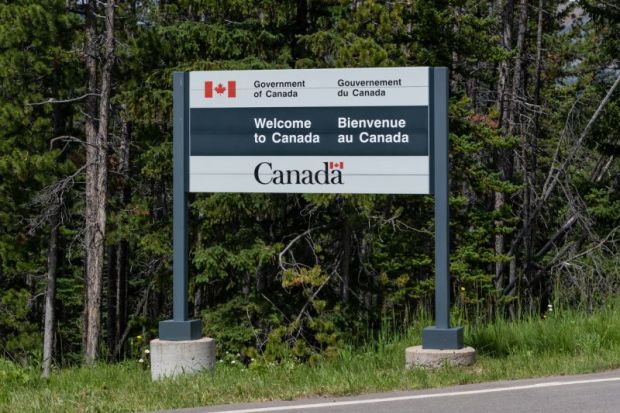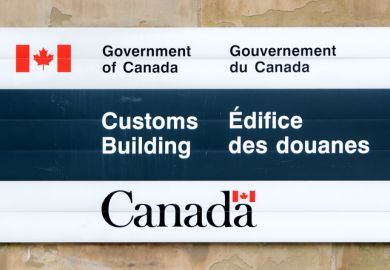Canada’s universities are protesting against a Trudeau administration suggestion that the country might need to limit the number of international students allowed into the country as a way of handling extreme housing shortages.
In a high-level retreat from Canada’s longstanding embrace of a strategy of hosting large numbers of foreign college students, the nation’s new housing minister, Sean Fraser, said dire housing shortfalls might force a student visa cap.
“That is one of the options that we ought to consider,” Mr Fraser – Canada’s immigration minister until last month – was reported as saying at a Trudeau Cabinet meeting this week.
Canada is one of the world’s most popular destinations for international college students, hosting some 800,000 students from abroad. Universities want the diversity and the substantially higher tuition fees they can charge such students, while the students enjoy benefits that include relatively easy access to work permits.
The country, however, is also suffering from extreme housing shortages, facing an estimated nationwide shortfall of 3.5 million units by 2030. Even colleges and universities are suffering, with multiple institutions across the country admitting that they are hundreds of units short of the spaces they need for the coming academic year.
Yet any talk of limiting the entry of foreign students into the country is “deeply concerning,” said Universities Canada, the nation’s main higher education association, in response to Mr Fraser’s comments.
“International students bring important knowledge, diversity and skills to our campuses, communities and workforce,” the association said. “We must continue to welcome them to study at Canadian universities.”
Mr Fraser said the growth in immigrants to Canada has gone well beyond what policymakers expected. But he also emphasised that the Trudeau administration had made no decision about limiting foreign students, and said that a first step towards solving housing shortfalls should involve universities helping to figure out solutions.
Universities Canada, in turn, called on the government to do more, saying the federal government should take actions to expand affordable housing, including widening eligibility rules for subsidised units and providing greater access to low-cost financing for housing construction.
Even as Mr Fraser spoke of caps, the prime minister, Justin Trudeau, and others in his government reiterated their belief that robust levels of immigration should remain a national priority, especially as it concerns people with valuable skills.
The opposition Conservative Party is leading in public opinion polls, in part because of its contention that the Trudeau government is failing with regard to the housing crisis. Canada added more than 400,000 permanent residents last year, and the Trudeau government has suggested raising that annual figure to 500,000.
The housing crisis is most evident in the major cities of Montreal, Toronto and Vancouver. Yet even a place such as the University of Calgary is feeling the pinch, reporting a 750-student wait list for housing this coming semester, up from 500 a year ago.
India is the single-largest provider of college students in Canada, which was embarrassed recently by the report of a student from India enrolled at Conestoga College in Kitchener who became homeless and was found living for days in a rat-infested area under a bridge.
Register to continue
Why register?
- Registration is free and only takes a moment
- Once registered, you can read 3 articles a month
- Sign up for our newsletter
Subscribe
Or subscribe for unlimited access to:
- Unlimited access to news, views, insights & reviews
- Digital editions
- Digital access to THE’s university and college rankings analysis
Already registered or a current subscriber? Login








